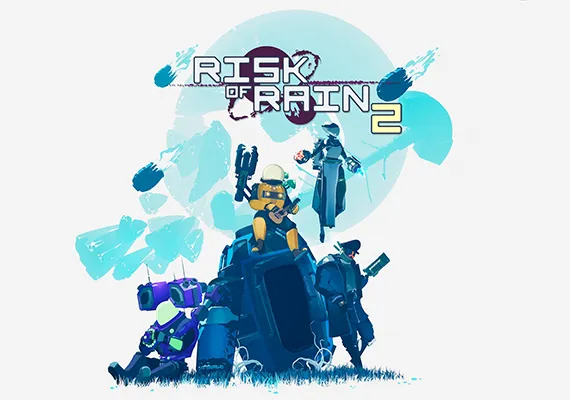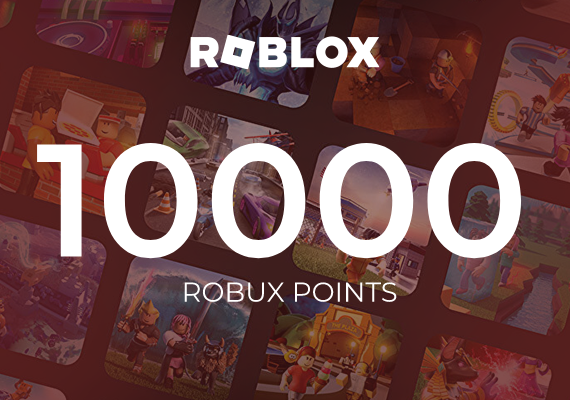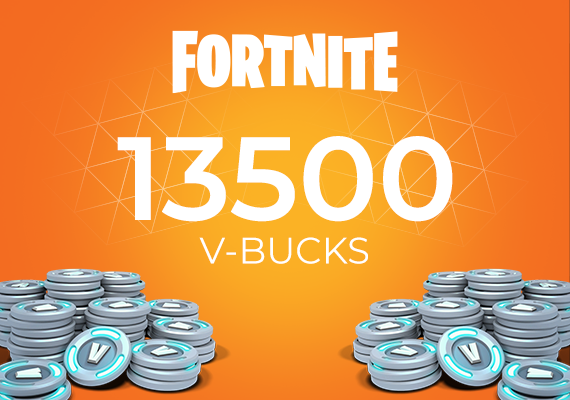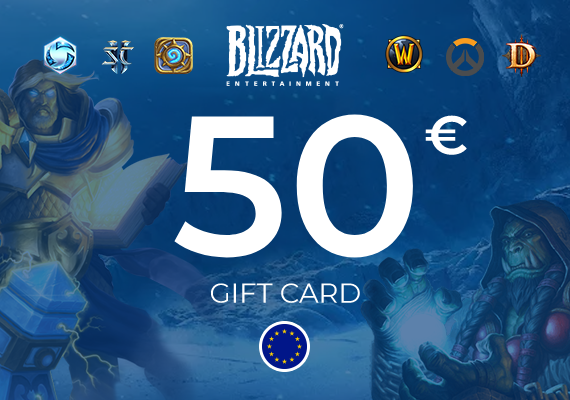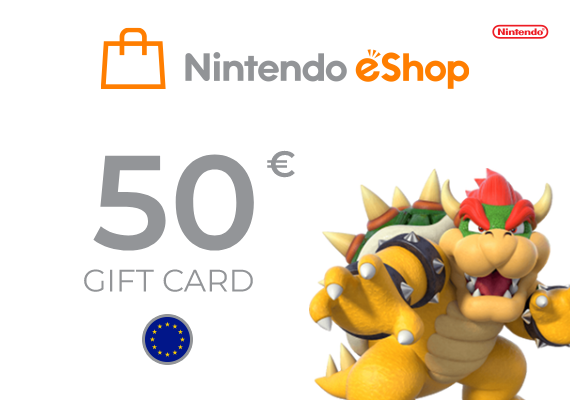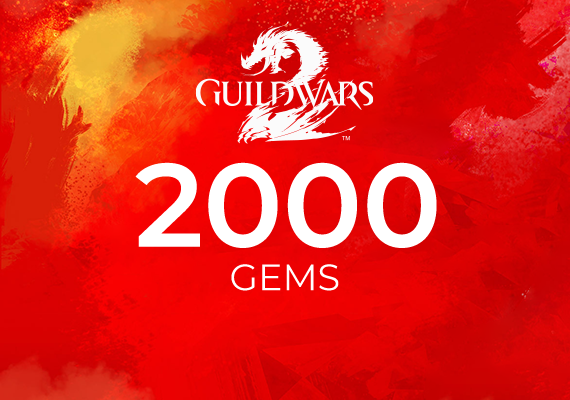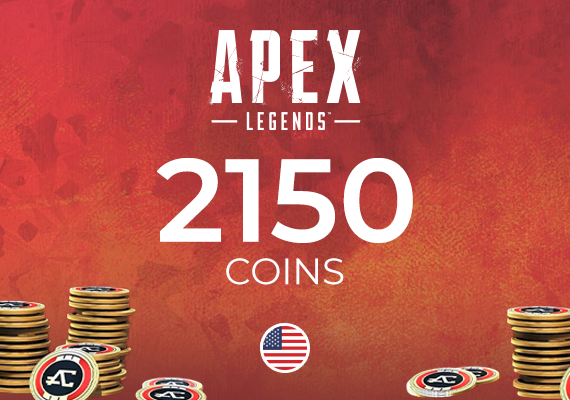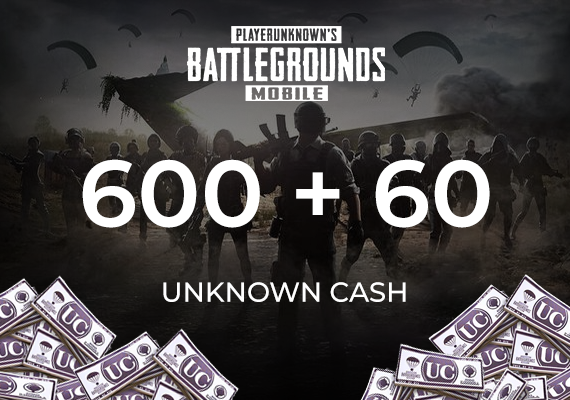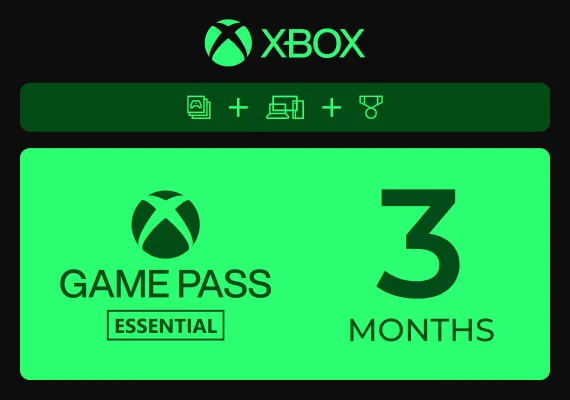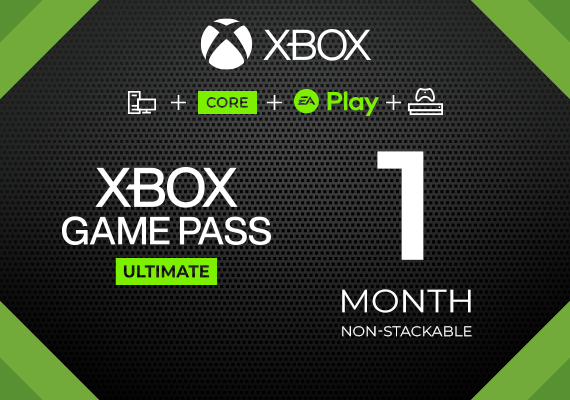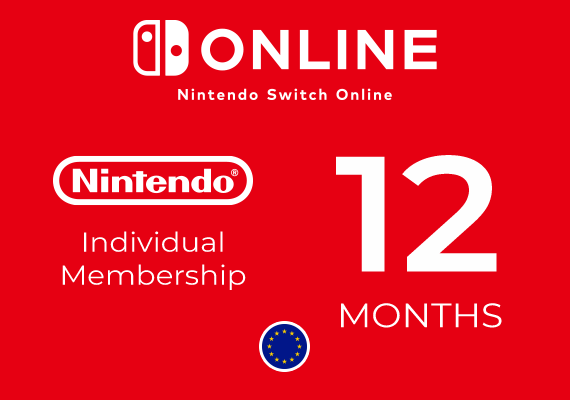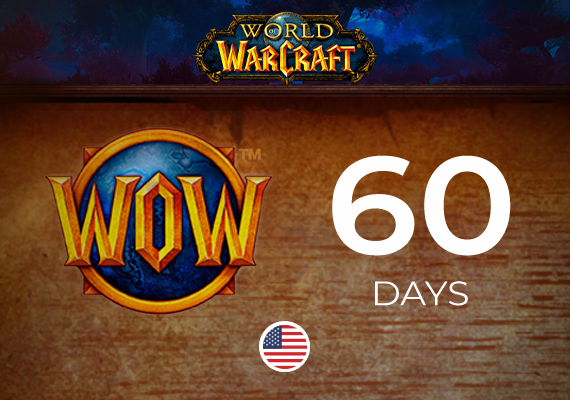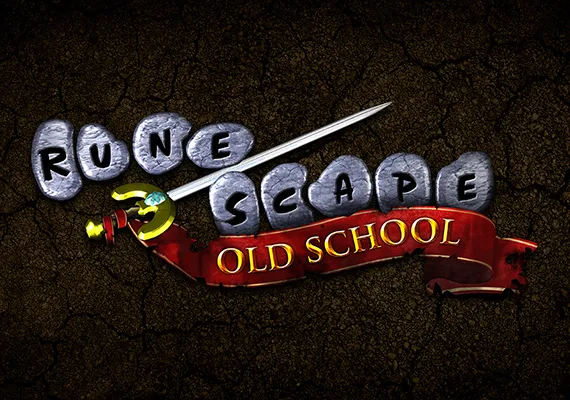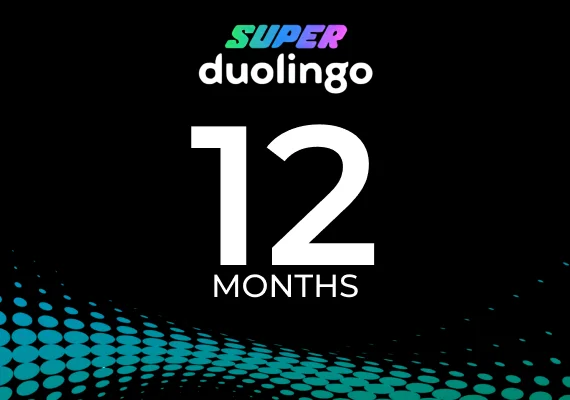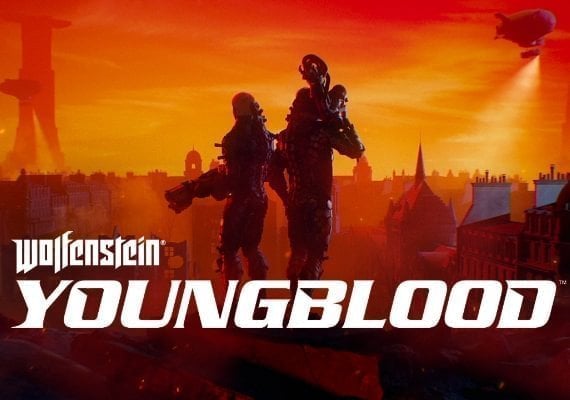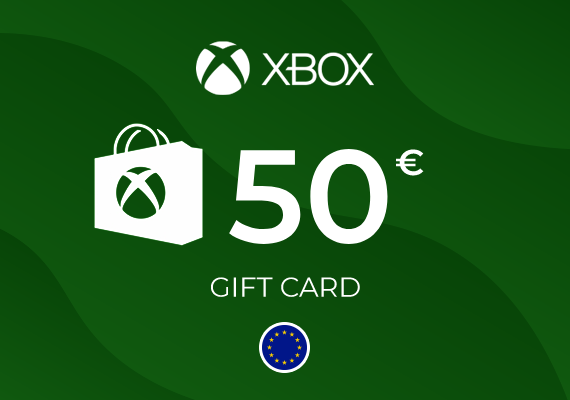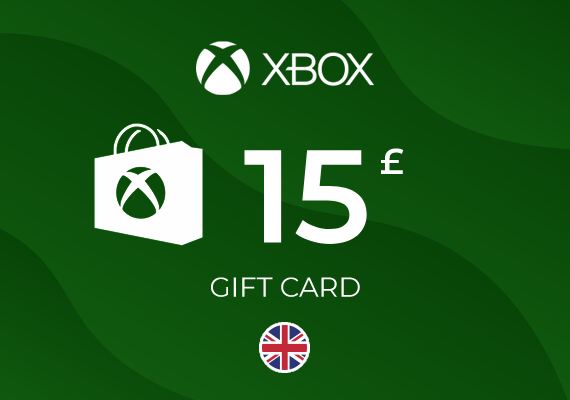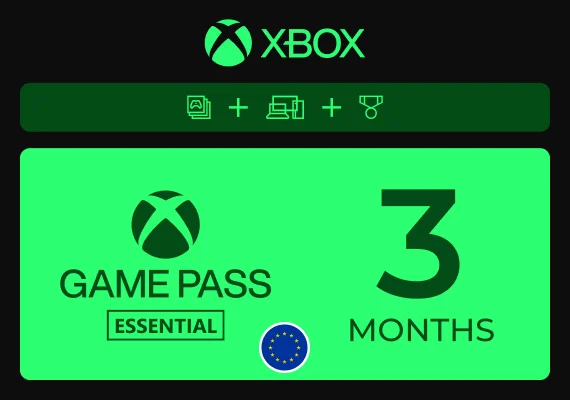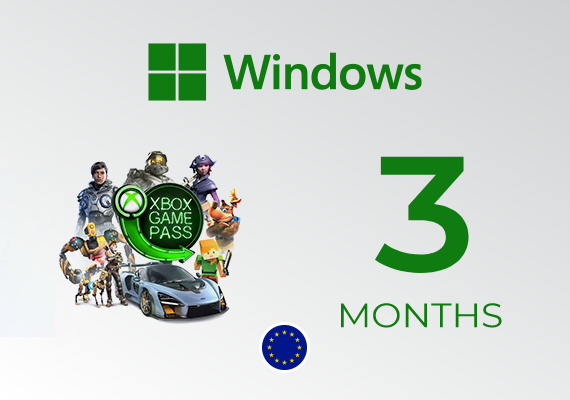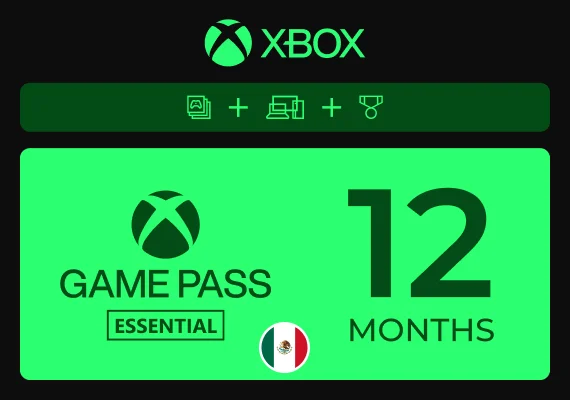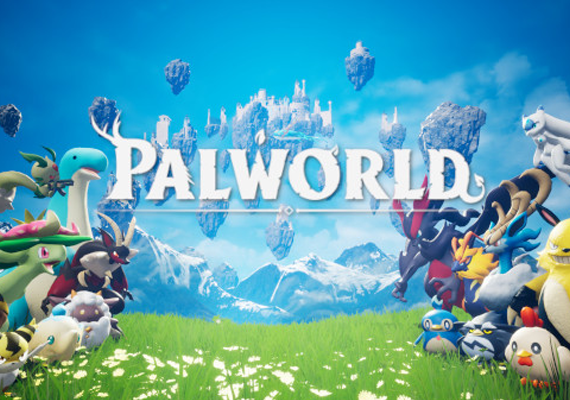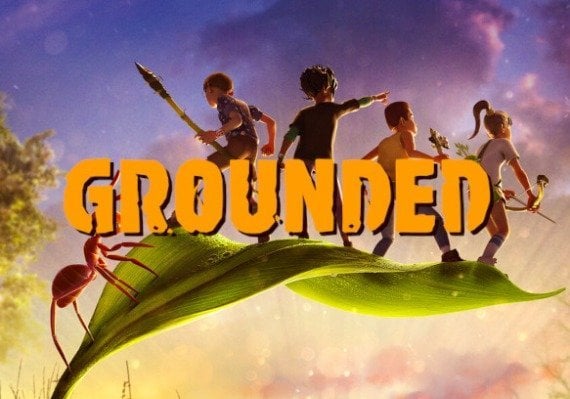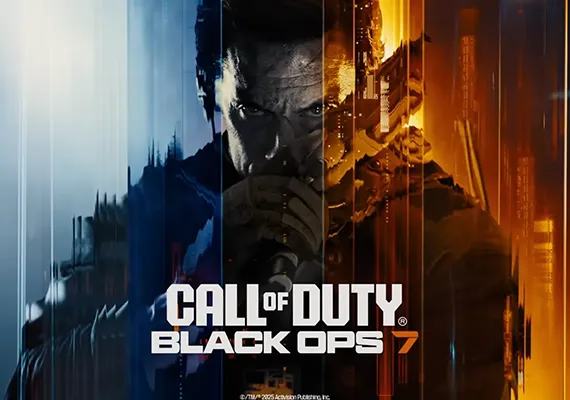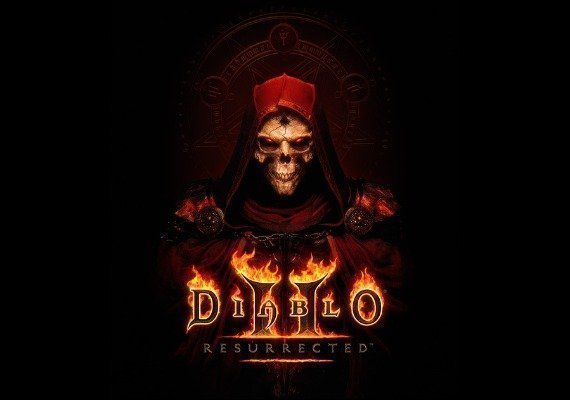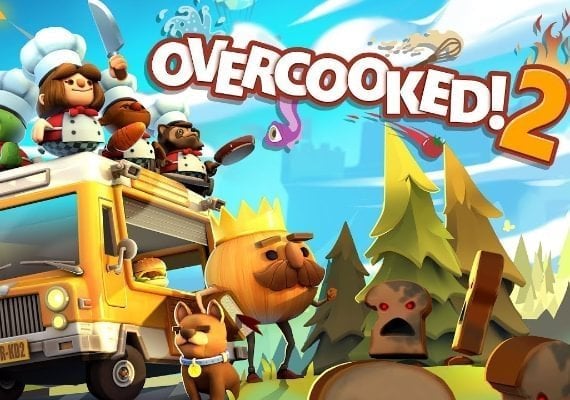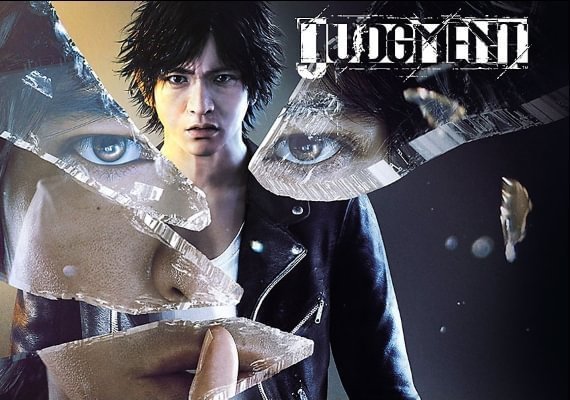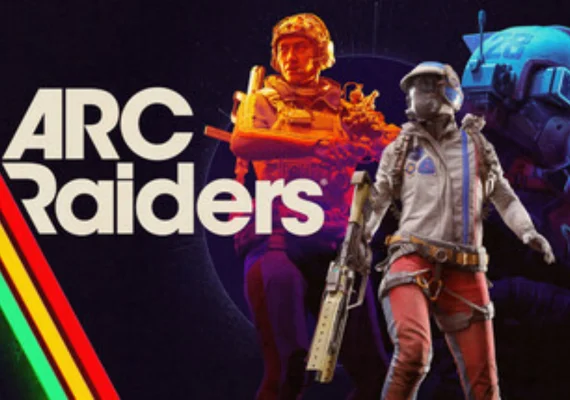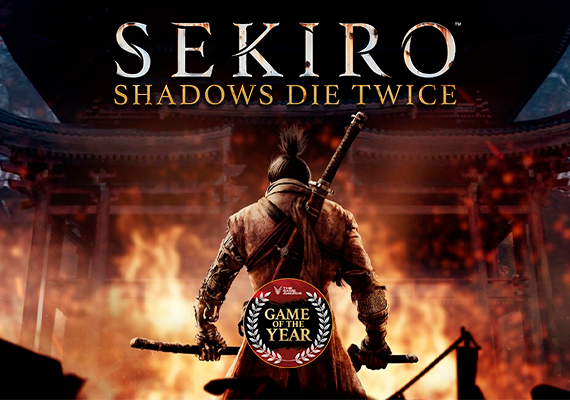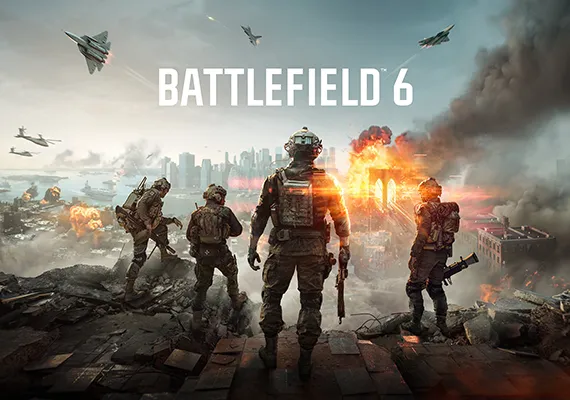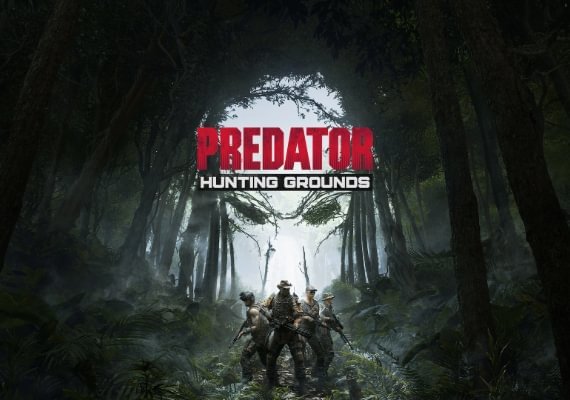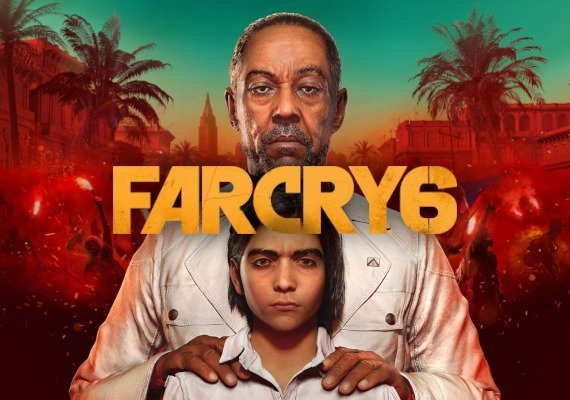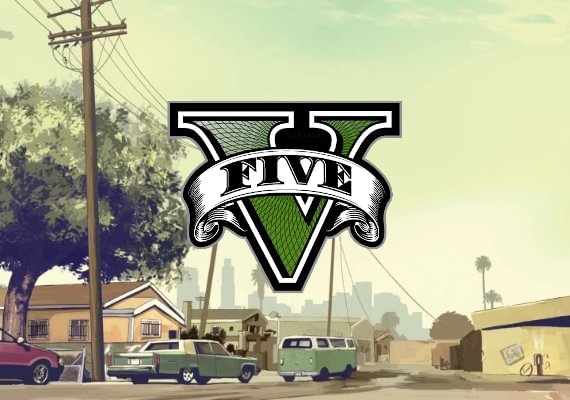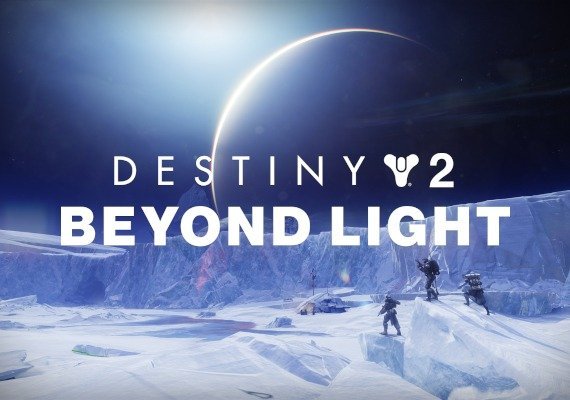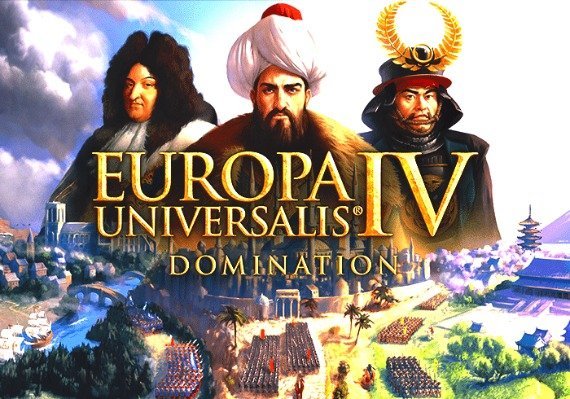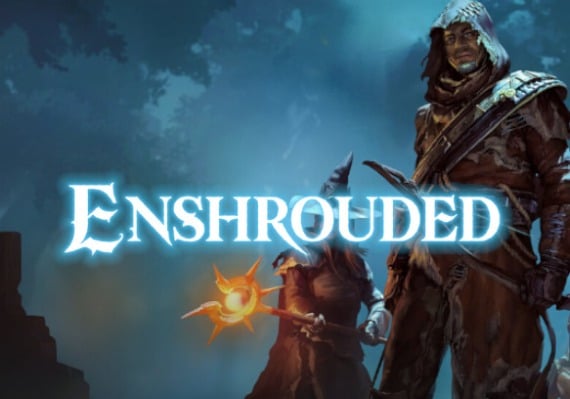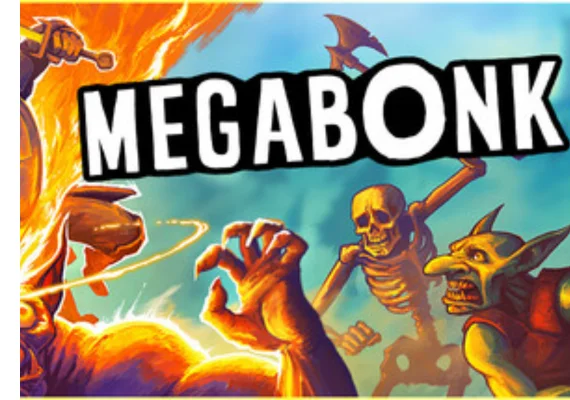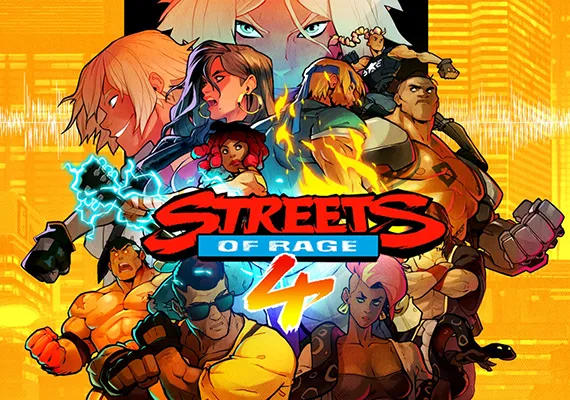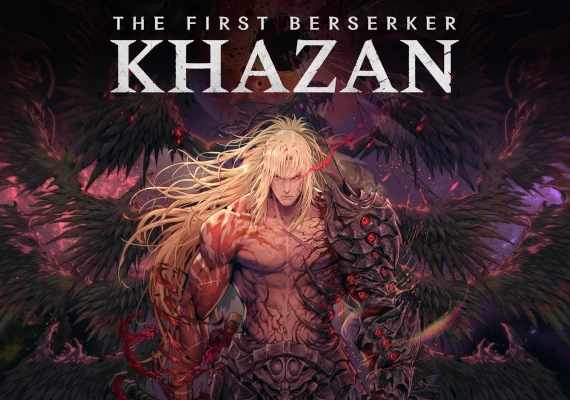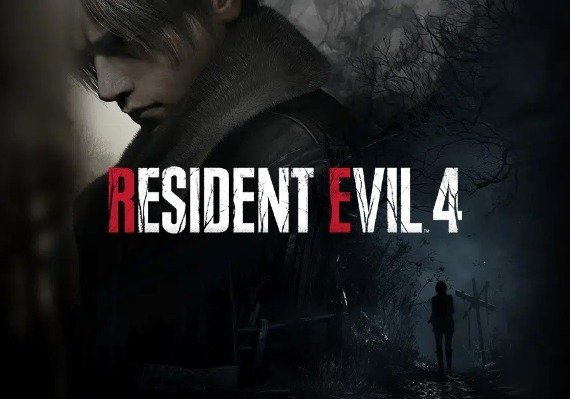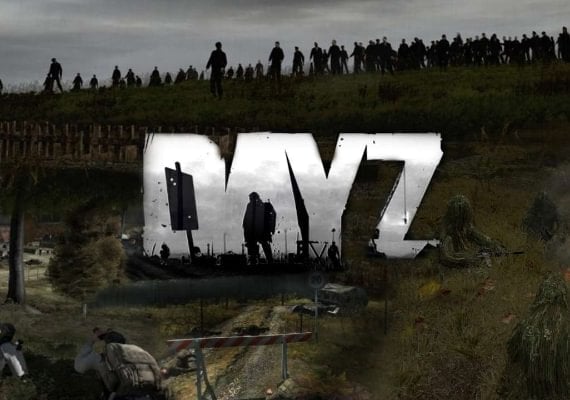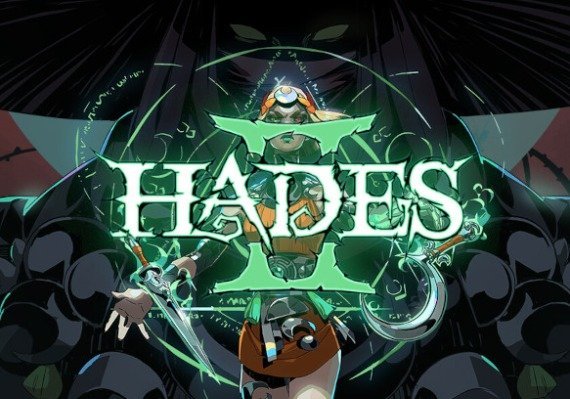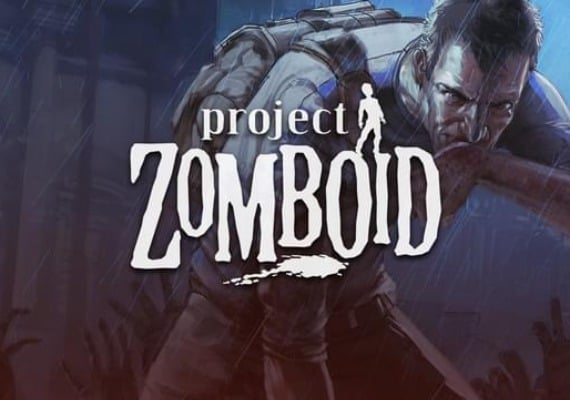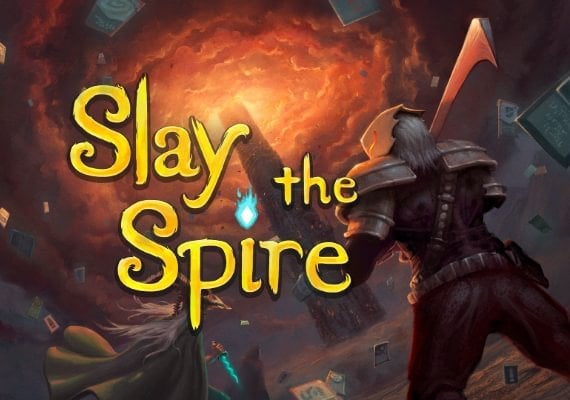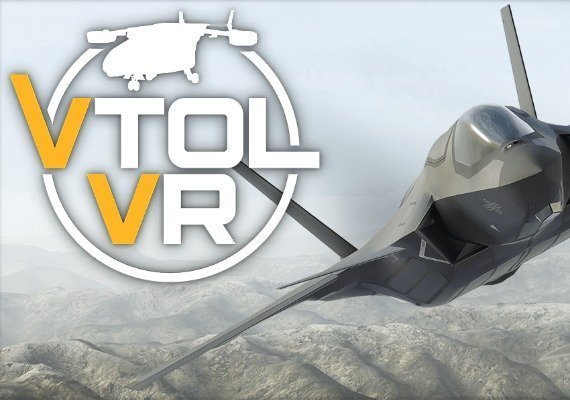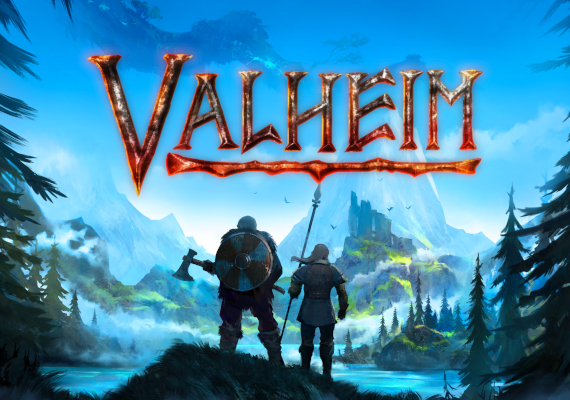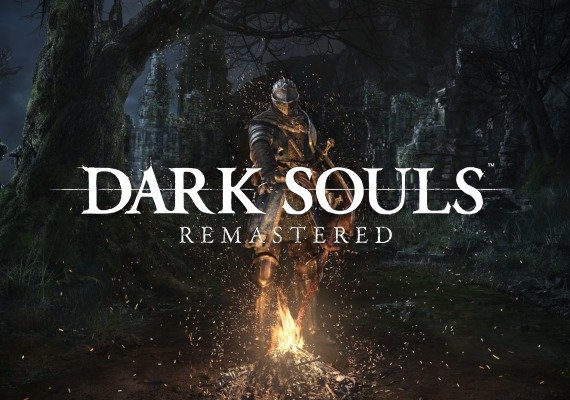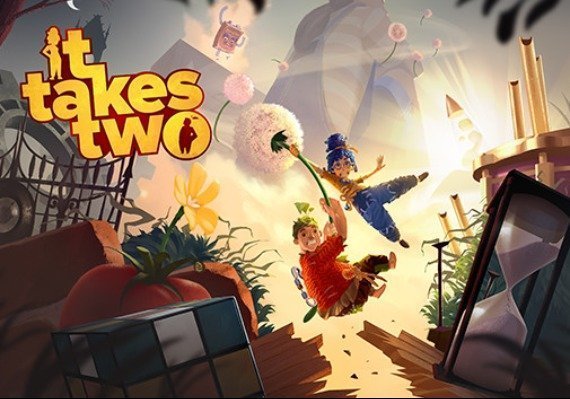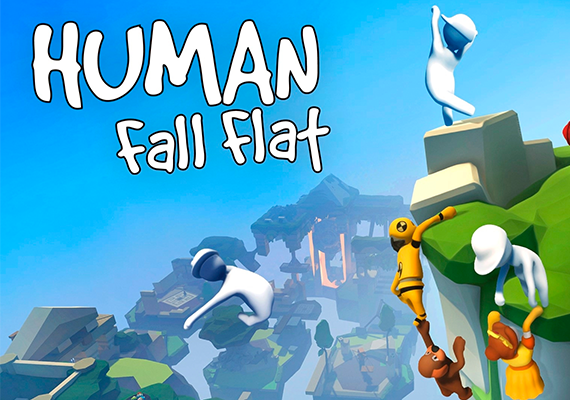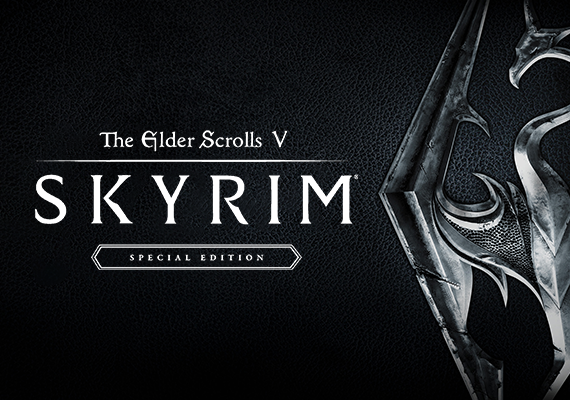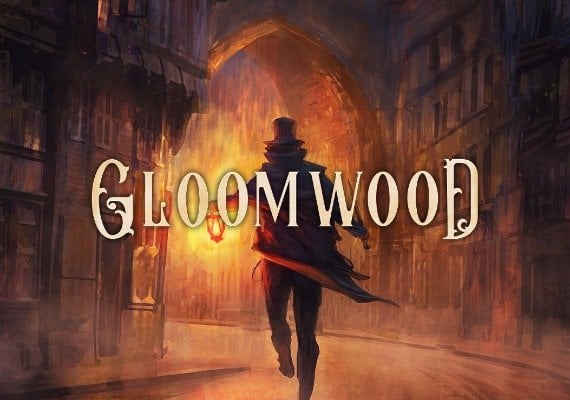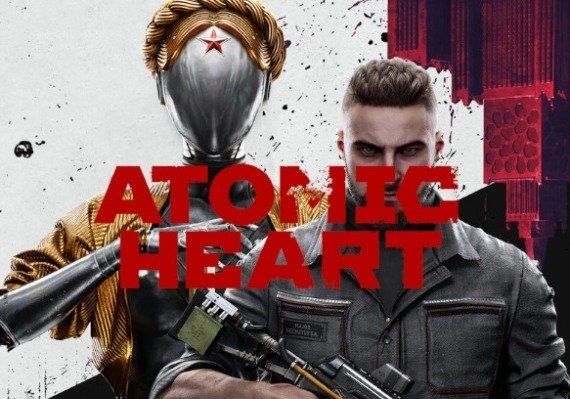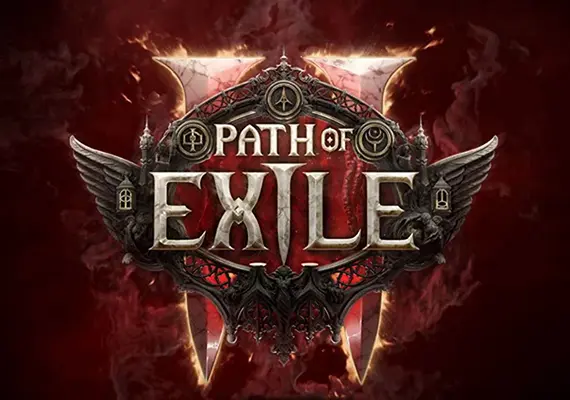Scales and Stories: The Role of Dragons in Video Games
.webp)
Más vendidos
The Era of Dragons as Ultimate Foes
In Dragon Age: Origins, dragons represented primal chaos and the threat of decay, embodying the wild forces that opposed the protagonist’s mission to restore order. These creatures weren’t merely there for players to defeat; they were symbols of the dark, untamable forces lying at the heart of the game’s conflict.
Dragon’s Dogma took the concept further by presenting Grigori, a massive dragon antagonist, as a philosophical foe. Grigori challenged players to reflect on their own values, fate, and sacrifice, making the dragon not just a monster but a mirror reflecting deeper existential questions. The upcoming Dragon’s Dogma 2 promises to continue this legacy, building on the themes and conflicts established in the original game, with dragons as both formidable opponents and intricate parts of the game’s world and story.
.webp)
Dragons with Depth
As games embraced richer storytelling, dragons became increasingly complex. In The Witcher 3, dragons were no longer merely enemies but intelligent creatures with a place in the world’s ecosystem and mythology. Geralt’s encounters with these beings raised questions about the ethics of hunting and coexisting with creatures that, while dangerous, had their own rightful place in the land. Each interaction forced players to consider whether they were truly the heroes in these encounters or simply another threat.
Dragon Age II expanded on this with Flemeth, a powerful mage capable of transforming into a dragon. Flemeth’s motivations and shifting allegiances made her neither a friend nor a straightforward enemy, challenging the player’s understanding of loyalty and trust. Guild Wars 2 added further nuance with its Elder Dragons, portraying them as primal forces of nature whose existence was essential to the world’s balance. Players found themselves in moral and strategic dilemmas, questioning whether these dragons were to be controlled, defeated, or left untouched.
In Elden Ring, dragons took on a mysterious, awe-inspiring role, blending ancient lore with formidable power. Each dragon encounter felt like uncovering a piece of a larger, mythical world. These dragons were ferocious, yet deeply embedded in the game’s rich narrative, making them much more than mere enemies.
.webp)
From Fierce Foes to Beloved Friends
Not all dragons in
gaming need to be fearsome. In Spyro the Dragon, the titular character
offered a friendly, playful side to dragons, challenging the stereotype
of them as villains. Spyro’s
adventures presented dragons as heroes, making the species accessible
and relatable to younger audiences. This shift illustrated the
adaptability of dragons within gaming, showing they could be as charming
as they were terrifying.
Similarly, in games like Dragon Quest and Dragon Mania Legends, dragons become trusted companions and allies, guiding players and even offering help through challenging quests. These friendly portrayals make dragons accessible and endearing, proving that they can be as diverse in personality as the worlds they inhabit.
.webp)
From pixelated adversaries to complex, iconic figures, dragons have
grown into some of gaming’s most enduring symbols. Each title, from Skyrim to Dragon’s Dogma and the Witcher Series, has redefined the portrayal of dragons, turning them from fearsome foes into layered characters and even closest allies.
As gaming continues to grow, dragons will undoubtedly remain at its heart, whether as challenges to conquer, allies to trust, or mysteries to unravel. These iconic creatures remind us that fantasy worlds hold infinite possibilities and stories, making them irreplaceable symbols of imagination, complexity, and strength across the evolving landscape of video games.




